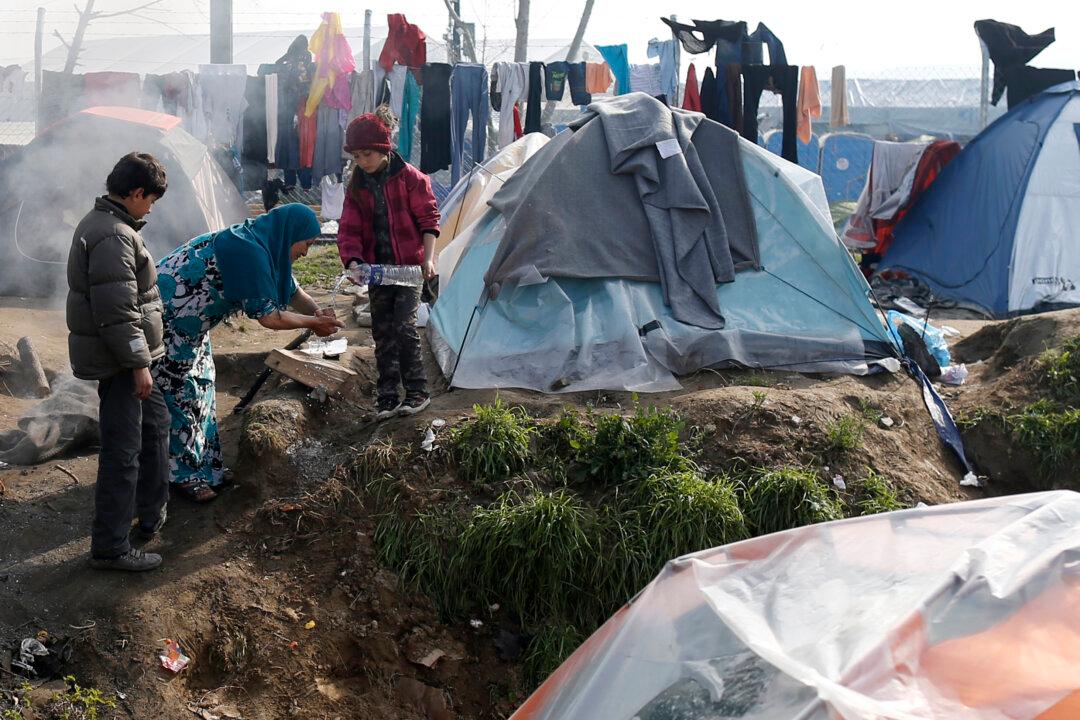ATHENS, Greece—Monitors from Turkey have arrived on the Greek islands of Lesbos and Chios to help supervise an agreement aimed limiting the number of refugees flowing into the European Union via smugglers’ boats.
The officers arrived Monday and were to stay for at least one week, as Greek authorities scrambled to implement the landmark deal reached last week between the EU and Turkey that includes faster refugee relocations to European countries as well as collective deportations of migrants from Greek islands back to Turkey.





